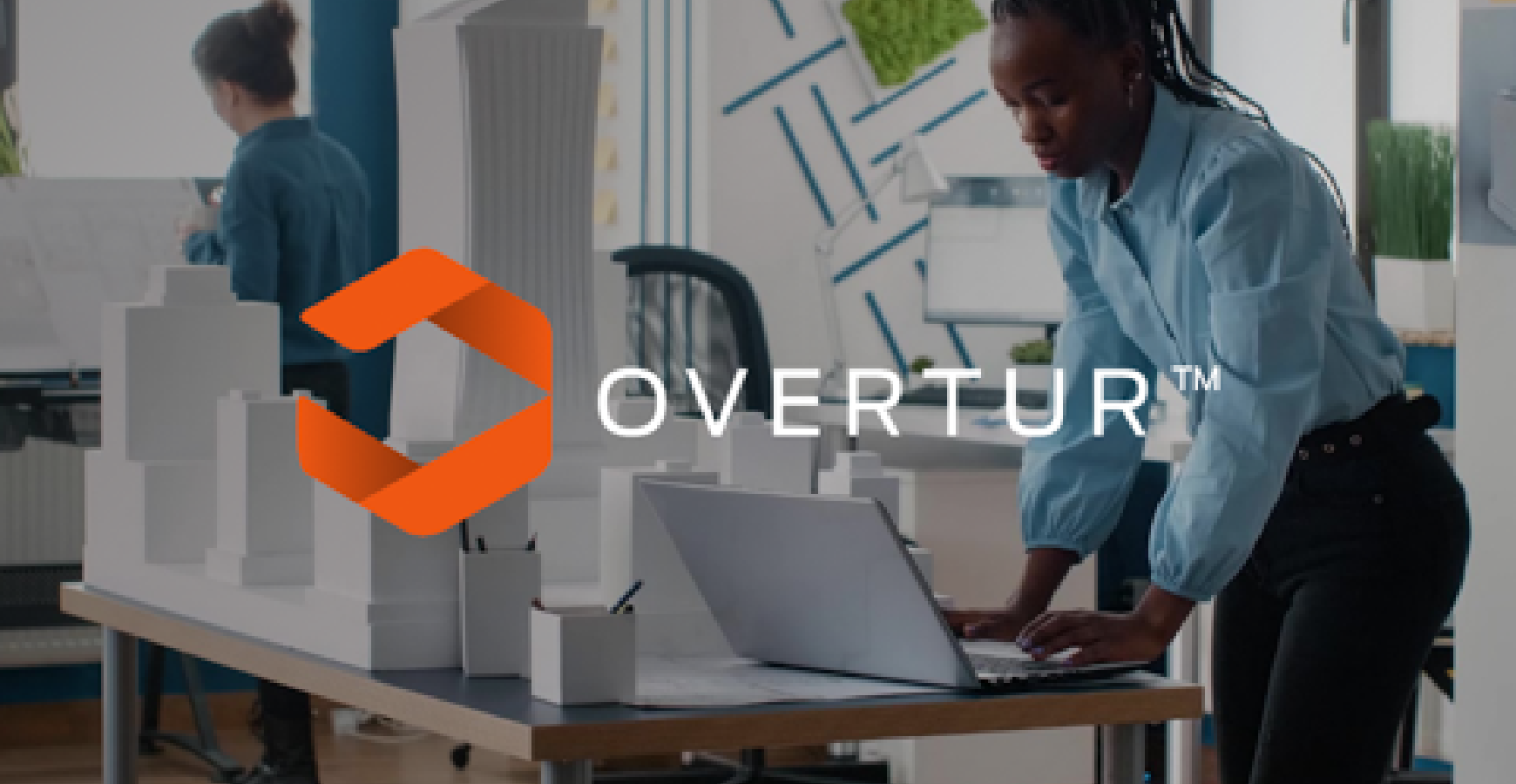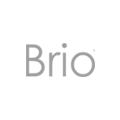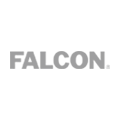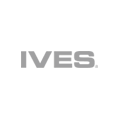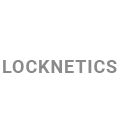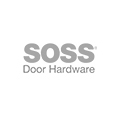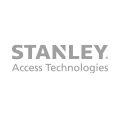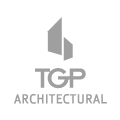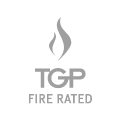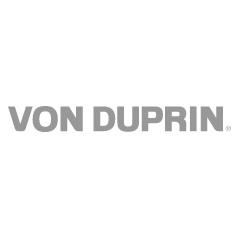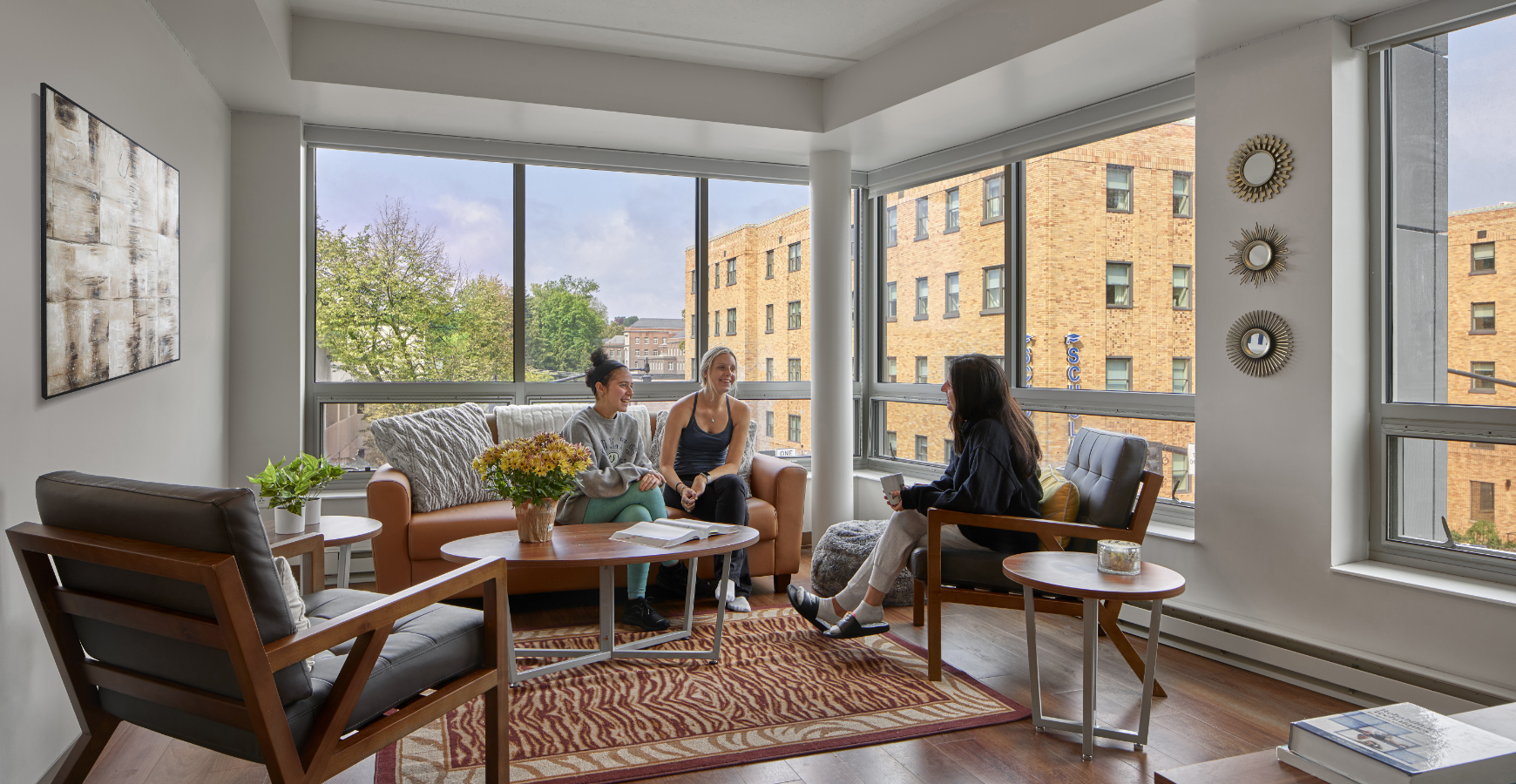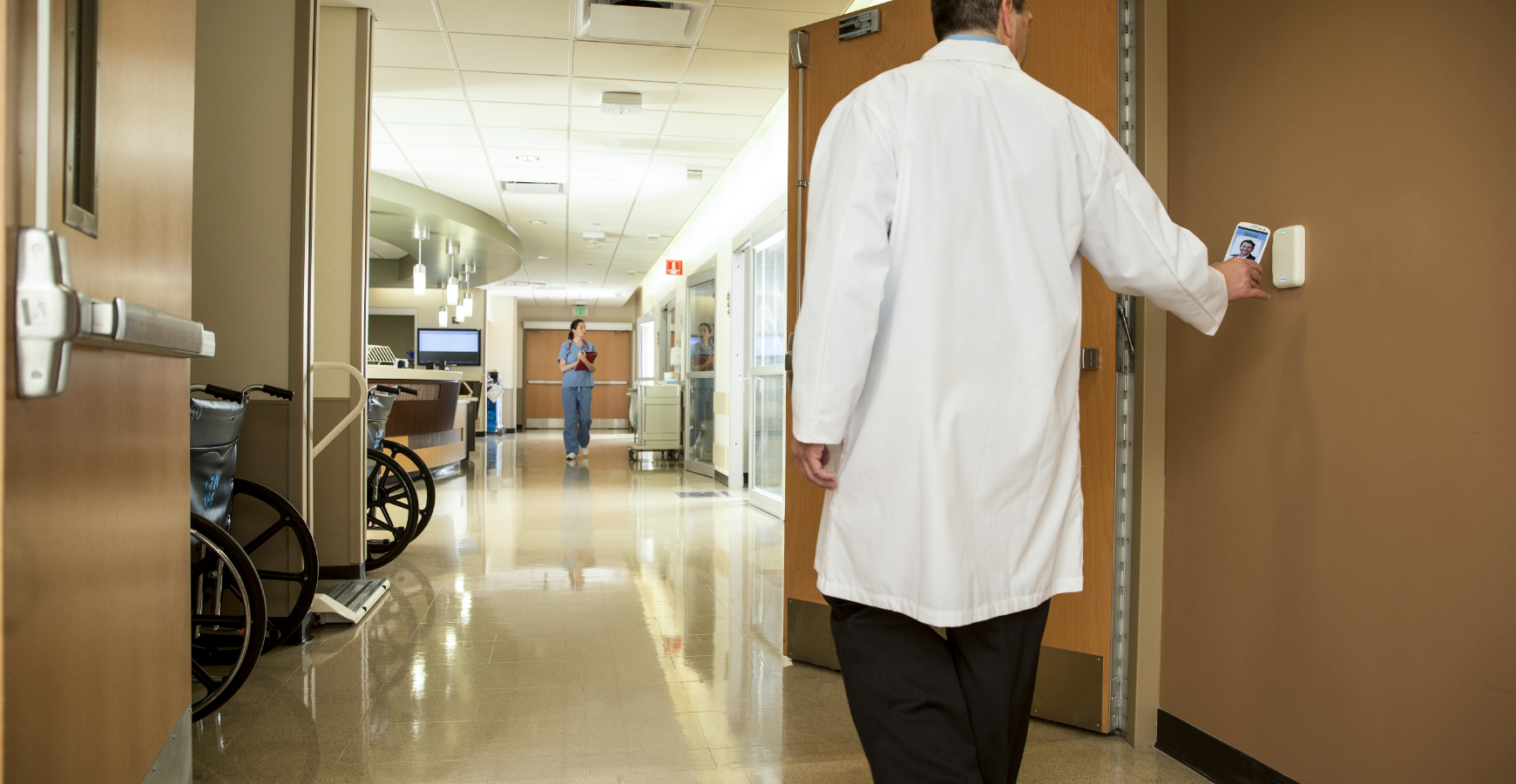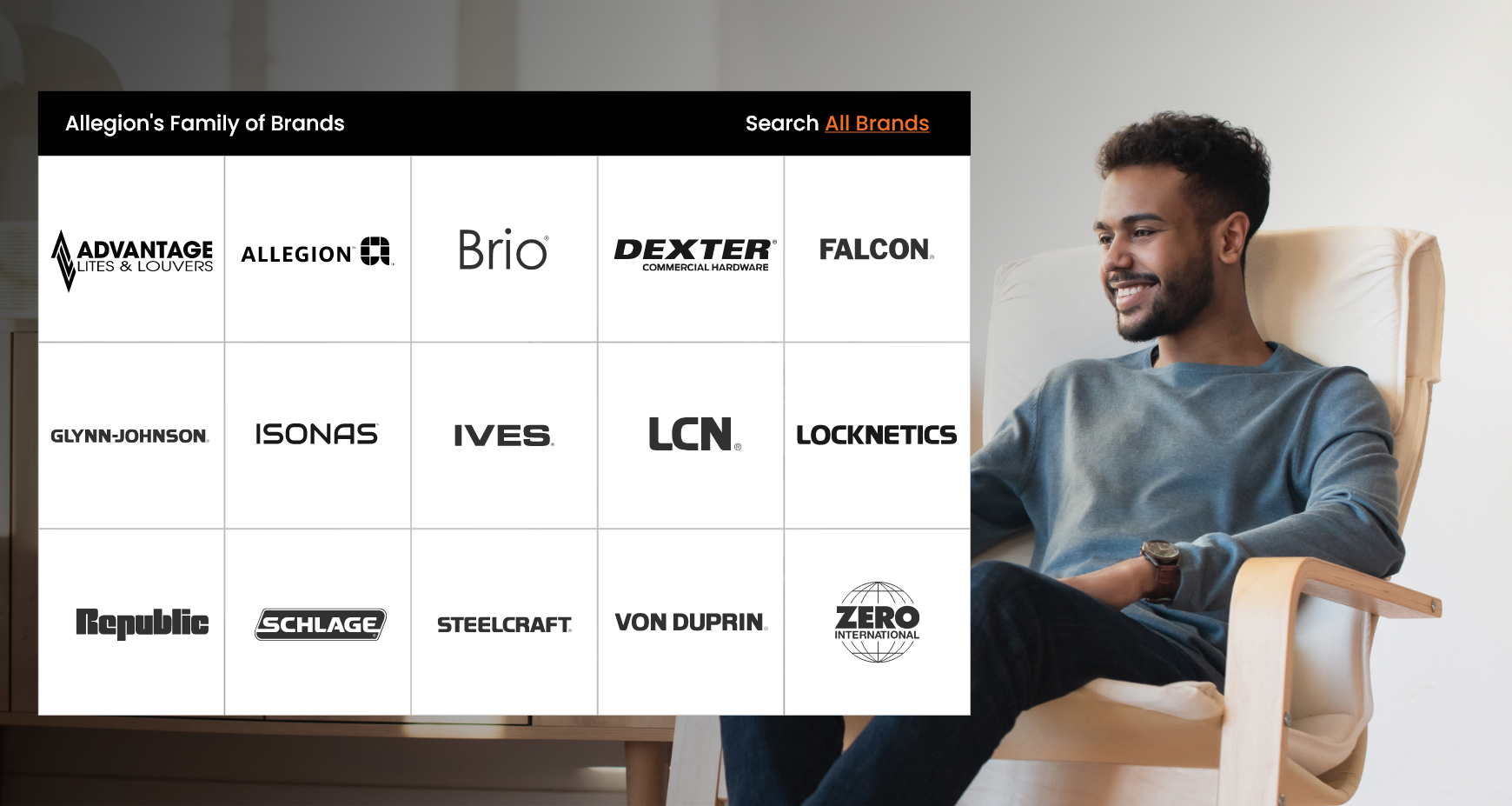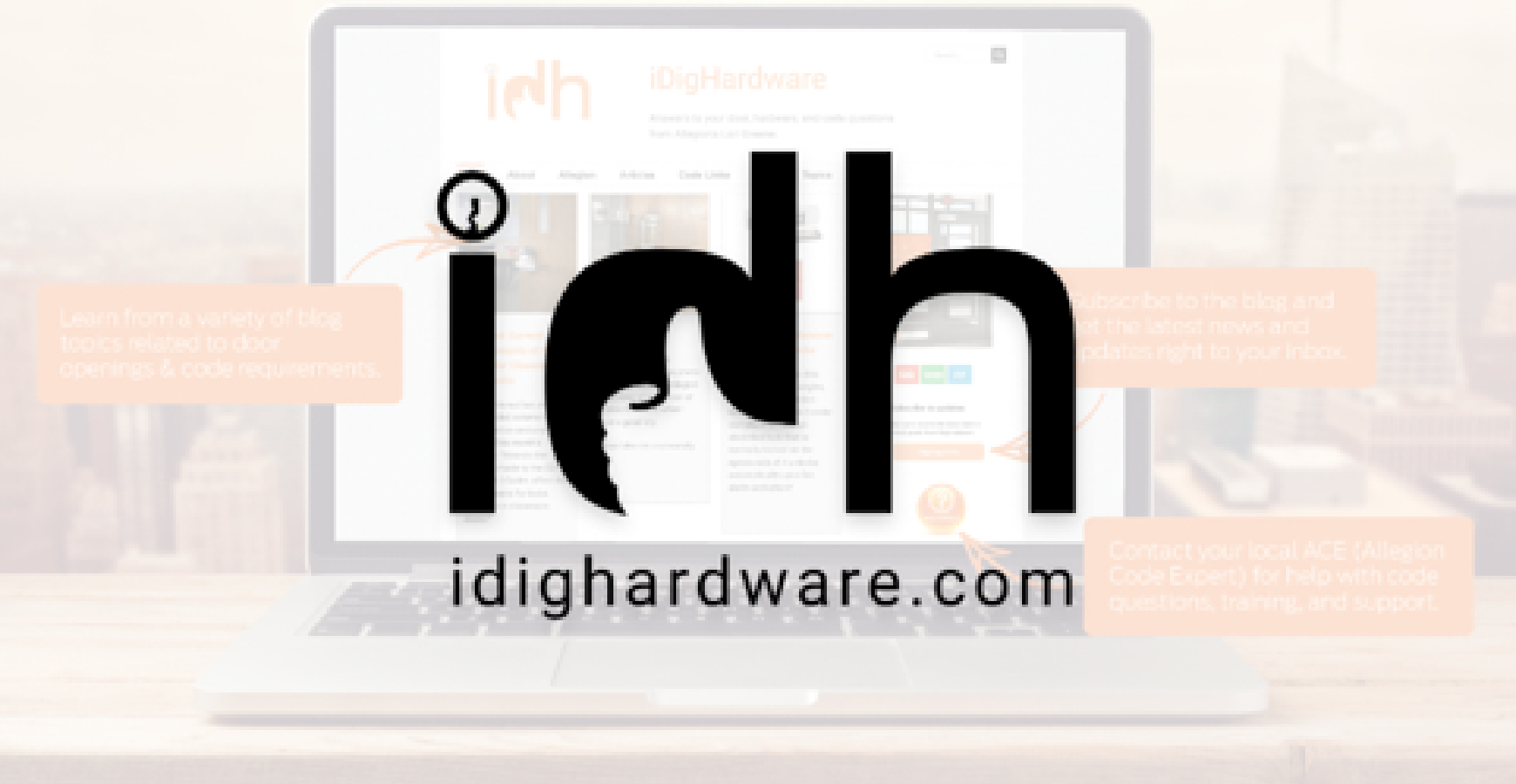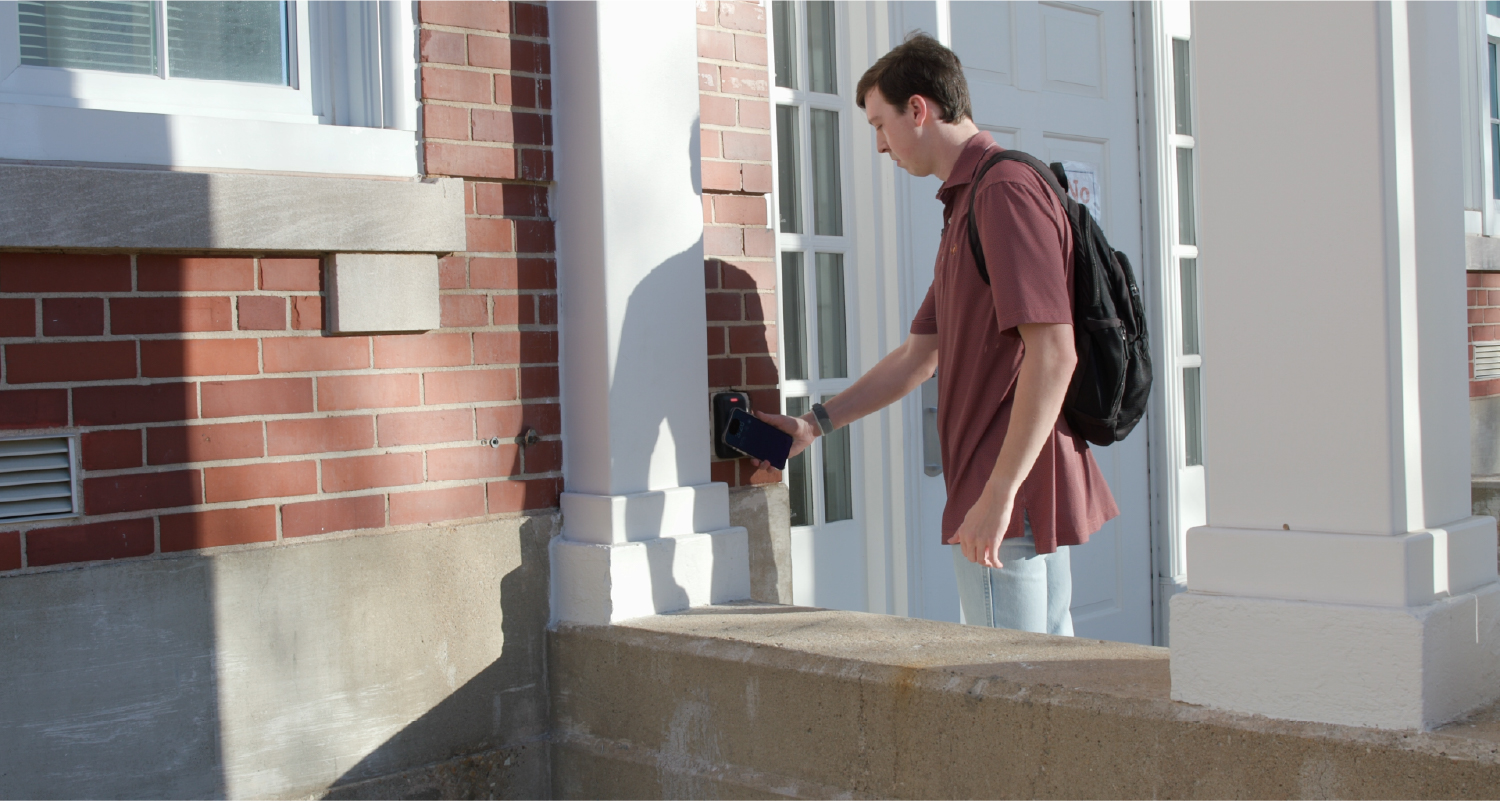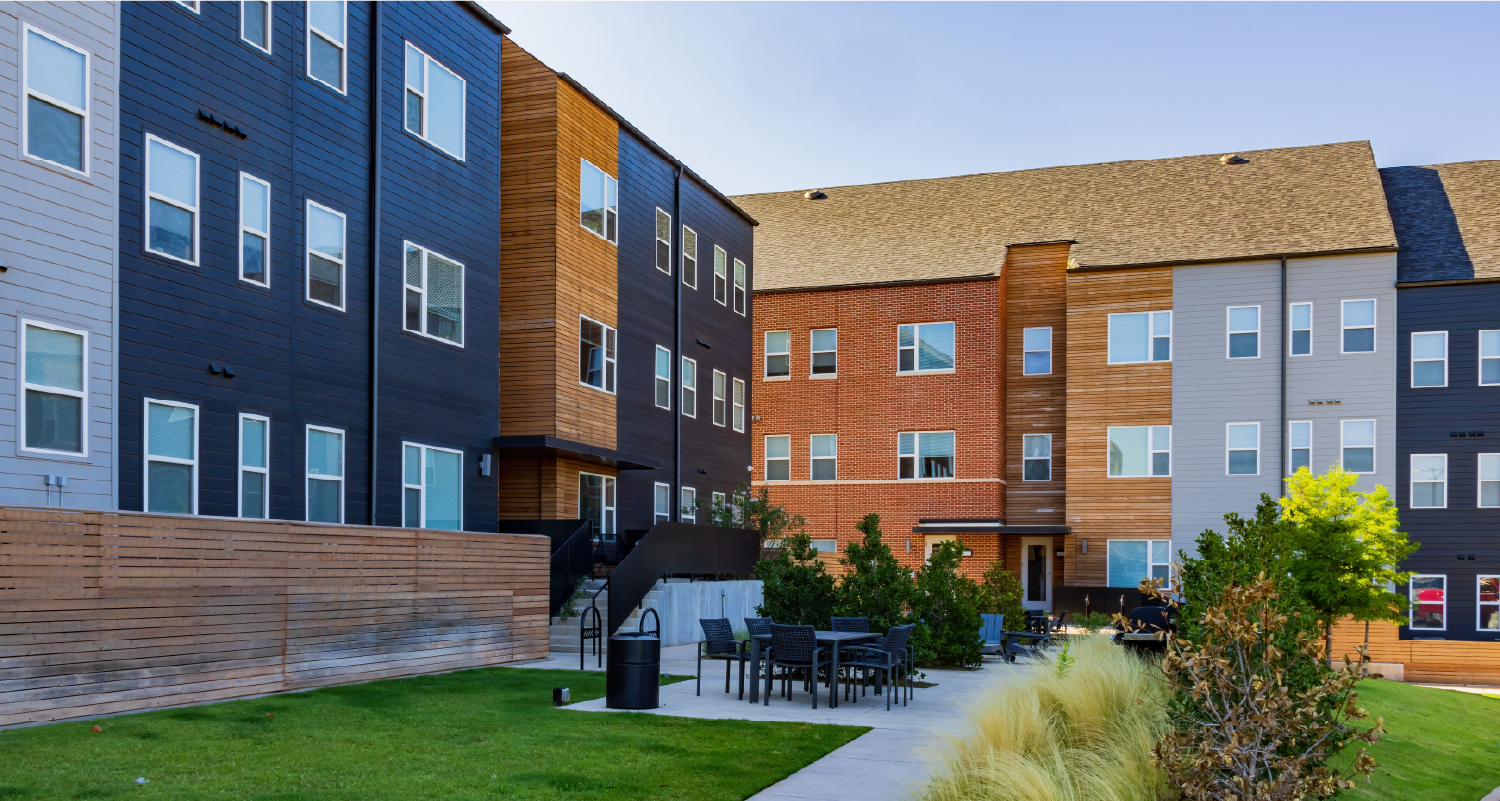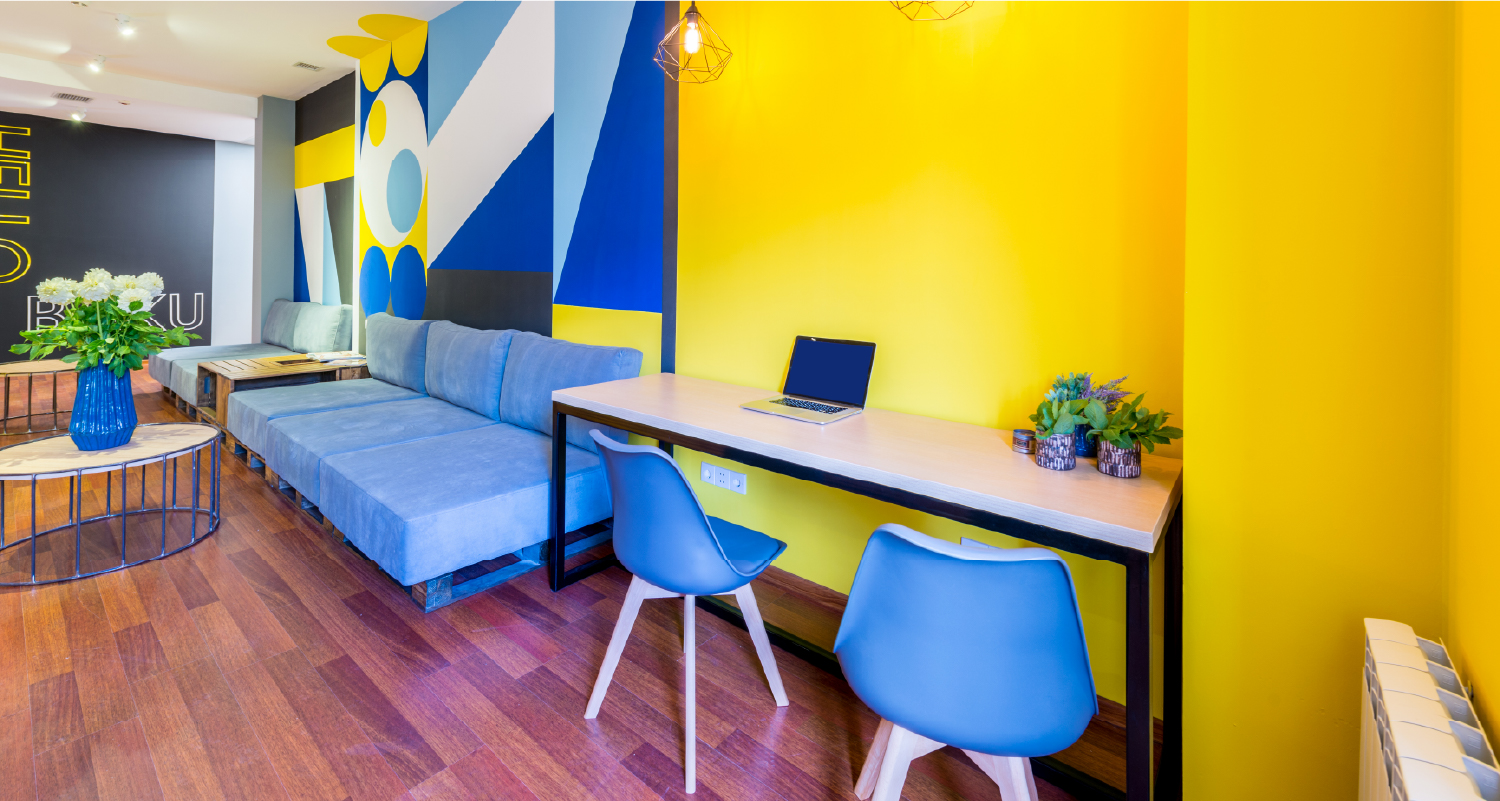Professional Conferences or Events
Multi-day conferences and workshops bring in attendees from outside the university, and the university or nearby multifamily complexes may be interested in housing conference attendees for extra revenue. For access needs in a short period of time, temporary housing for these guests can be managed efficiently with electronic access systems, eliminating the need for physical keys and ensuring an efficient credential revocation upon leaving.
New Student Orientation
Many universities provide incoming students and their families with short-term accommodation during summer orientation sessions. Universities can use access control systems to provide seamless, temporary access to dorms or apartments.
Temporary Faculty and Staff Housing
Guest professors, researchers and newly hired employees often require short- or long-term housing while relocating or completing temporary assignments. Flexible leasing options and tailored access permissions make university-owned housing an attractive option for these individuals, especially if their stay is shorter than a typical apartment lease.
Less Common Uses
Tourist Lodging: In some cases, universities may rent out housing to tourists during non-academic periods, particularly in high-demand areas.
Disaster Relief Housing: During emergencies or natural disasters, universities can repurpose student housing as temporary shelters for displaced individuals or relief workers.
In both cases, temporary access credentials ensure a streamlined and efficient way to grant and revoke credentials.
Key Benefits of Access Control Systems in Student Housing
Enhanced Security
One of the most significant advantages of access control systems is the enhanced security they provide. Electronic wireless locks, like the Schlage® XE360™, ensure that only authorized individuals can enter specific areas, reducing the risk of unauthorized access and creating a safer living environment. Traditional keys can be lost, stolen or duplicated, but electronic locks eliminate many of these risks by relying on access credentials. Additionally, self-locking features can provide greater security and peace of mind for all residents (and parents, too) in a student housing development.
Features like mobile credentials, key fobs and biometric credentials (like fingerprint or facial recognition) add layers of security while improving convenience for residents. This also means residents do not have the burden of keeping track of traditional keys.
For properties with by-the-bed leases, access control systems offer an additional layer of customization. Residents can be granted access to all common areas within their unit, such as kitchens and living rooms, while individual bedroom access is restricted to its respective occupant. This arrangement ensures privacy and security for each resident while also reducing the need to manage multiple keys. Such systems are particularly beneficial in shared living arrangements with randomly assigned roommates, where maintaining personal security and privacy is top of mind.
Streamlined Credential Management
Access control systems significantly simplify property management, especially in the fast-paced environment of student housing. Proptech solutions, like Zentra, allows property managers to remotely issue, revoke or update access credentials, eliminating the need for in-person key exchanges. This is particularly valuable during high-turnover periods, such as the beginning and end of academic semesters, when large numbers of residents move in and out.
Integration with university systems, such as student ID cards or campus mobile apps, further enhances efficiency. Students can use a single credential to access both their housing and other campus facilities, such as libraries, fitness centers, or dining halls. This seamless integration reduces administrative complexity and creates a more cohesive experience for residents. Additionally, remote management capabilities allow staff to respond quickly to access issues, such as lost credentials or lockouts, without requiring physical intervention.
Flexibility for Short-Term Occupants
Student housing often accommodates a variety of short-term residents, including summer camp attendees, conference participants, and visiting faculty. Access control systems are well-suited to these scenarios, as they allow for the issuance of temporary credentials without the need for physical keys.
Time-limited access permissions ensure that these credentials automatically expire when no longer needed, reducing the risk of unauthorized access and minimizing administrative overhead. For example, a summer camp attendee might be granted access to their assigned dorm room and communal areas for the duration of the camp, with their credentials deactivated immediately after the program ends. This flexibility makes it easier for property managers to accommodate a diverse range of residents while maintaining security and operational efficiency.
Improved Resident Experience
In today’s tech-driven world, students expect modern, user-friendly solutions in their environments. Access control systems cater to these expectations by offering touchless and mobile-based access options. Residents can use their smartphones or smartwatches to unlock their rooms, access shared spaces and use amenities such as gyms or time-reserved study lounges.
This level of convenience is particularly appealing to tech-savvy students, who are accustomed to using digital solutions in their daily lives. By eliminating the need for traditional keys, access control systems also reduce the likelihood of lockouts, making life easier for residents. Additionally, these systems often integrate with other smart building technologies, such as lighting or HVAC controls, further enhancing the resident experience.
Data and Insights
Access control systems provide student housing managers with valuable data and insights that can inform decision-making and improve operations. Access logs, for example, can reveal usage patterns for individual rooms, shared spaces and amenities. This data can be used to optimize building operations, such as scheduling cleaning or regular maintenance for high-traffic areas.
Not only is this data useful for optimization, but it also gives university officials the ability to check students’ movement patterns. In the event of a welfare check or other concern, this data can prompt officials to act before it’s potentially too late. While not a standard practice, if a university enacts a curfew, this data can serve as a curfew or accountability check instead of the traditional nightly check-in process.
Additionally, access logs can help identify potential security risks, such as unauthorized attempts to enter restricted areas. They can also alert when doors are left unlocked or propped open. With this data, property managers can take proactive steps to address vulnerabilities and enhance overall security.
Insights into how shared spaces are used can also guide decisions about resource allocation and future amenities. For instance, if data shows that a gym is consistently underutilized while study lounges are frequently overcrowded, managers might consider reallocating space or adding more study areas to better meet residents' needs. This data-driven approach ensures that resources are used efficiently and that residents have access to the amenities they value most.
 Featured ProductSchlage Credential Services deliver control, security and flexibility without limiting your options. From encryption keys to card tracking and custom artwork, our services help create an access control plan that fits today and grows with you tomorrow.
Featured ProductSchlage Credential Services deliver control, security and flexibility without limiting your options. From encryption keys to card tracking and custom artwork, our services help create an access control plan that fits today and grows with you tomorrow.